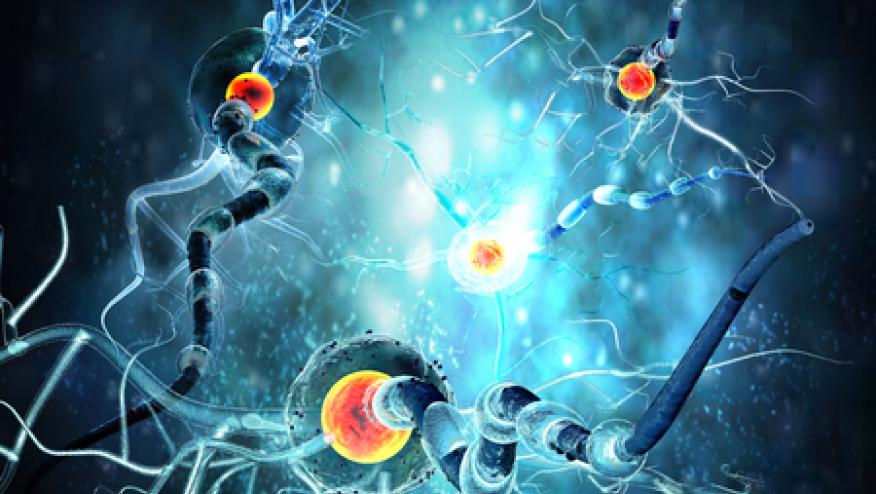Vagal Stimulation Improves Cytokine Production and Rheumatoid Disease Activity Save

PNAS has published a study wherein an inducible “inflammatory reflex” delivered by vagus nerve stimulation was shown to inhibit the production of tumor necrosis factor (TNF), an inflammatory molecule that is a major therapeutic target in an animal model of rheumatoid arthritis (RA).
The positive mechanistic results reported here extend the preclinical data to the clinic and reveal that vagus nerve stimulation inhibits TNF and attenuates disease severity in RA patients.
Researchers at the Long Island Feinstein Institute for Medical Research have shown that the “inflammatory reflex is dependent upon vagus nerve signals to inhibit cytokine production and has been shown in animal models to attenuate experimental arthritis severity.
Led by Dr. Paul Peter Tak, researchers demonstarted inhibition of peripheral blood production of TNF, IL-1β, and IL-6. In their small clinical trial of 17 RA patients, they implanted a device about the size of a cardiac pacemaker to stimulate the vagal nerve. Vagal nerve stimulation (up to four times daily) in RA patients significantly inhibited TNF production for nearly 3 mos and yielded significant improvement in indices of clinical activity.
These experiments establish that vagus nerve stimulation targeting the inflammatory reflex modulates TNF production and reduces inflammation in humans. These findings suggest that it is possible to use mechanism-based neuromodulating devices in the experimental therapy of RA and possibly other autoimmune and autoinflammatory diseases.










If you are a health practitioner, you may Login/Register to comment.
Due to the nature of these comment forums, only health practitioners are allowed to comment at this time.